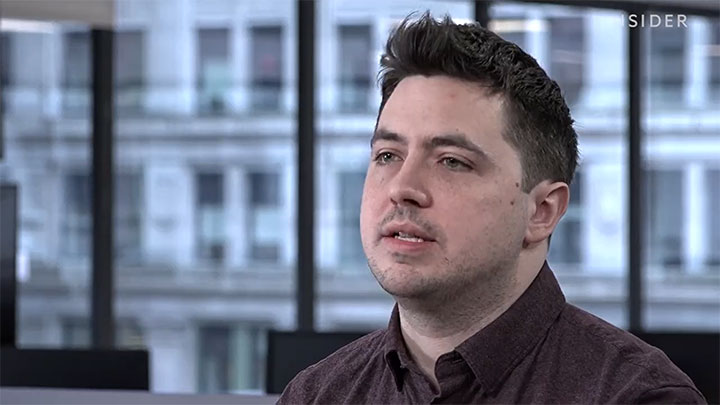AI programmers, engineers, and consultants are discovering plenty of new career opportunities with companies outside of the conventional tech industry who are wanting to put generative AI into action as they also want to benefit from this.
Job openings at non-tech companies revealed a wide variety of wages, with several topping $100K in base compensation.

"The demand for professionals with knowledge in AI research, machine learning, deep learning — it truly outpaces the available supply of candidates," says Aaron Sines, a director at Razoroo, a tech recruiting company based in Austin, Texas.
That implies that the pay companies give to attract someone with experience in generative AI can easily exceed six figures: According to Sines, the base salaries for AI researcher jobs might range from $150K to $250K, even in non-tech business entities.
One job posting for a Machine Learning Researcher position at Jane Street, one of the trading companies mentioned a compensation range of $250K to $300K. However, Jane Street's representative declined to comment.
These days "companies are on the hunt for candidates whose knowledge of AI can help them use their in-house data more extensively — for instance, by making better predictions and decisions", according to Aaron Sines. According to him, one of their agriculture clients is considering using AI to assist forecast crop output.
Travelers Insurance company advertised a data engineer position that required AI knowledge, with a possible starting salary of $130K to $215K. On an earnings conference this month, the company's CEO, Alan Schnitzer, confirmed the company's push into AI, adding that "we have a very significant number of our employees engaged on the objective of making sure that we're leading when it comes to AI."
Generative AI is booming today. And not all AI-related jobs need engineering or coding expertise. The core skill is to be able to build effective queries in such a way that Generative AI like OpenAI's ChatGPT or Google's Bard gives the most accurate answer. Nevertheless it is worth to mention that ChatGPT has over half of doubtful answers in a programming according to Purdue University.
Tasks used to be done before by employees of a development team, now are being rendered by an AI-driven automated process in which people would simply answer a series of questions, and their replies would assist construct the final result. It overcome in the extension and help rather than a replacement of people.
The most interesting question is how long this hype wave will last? And will it become simply yet another integral part of our life? So far, so good…